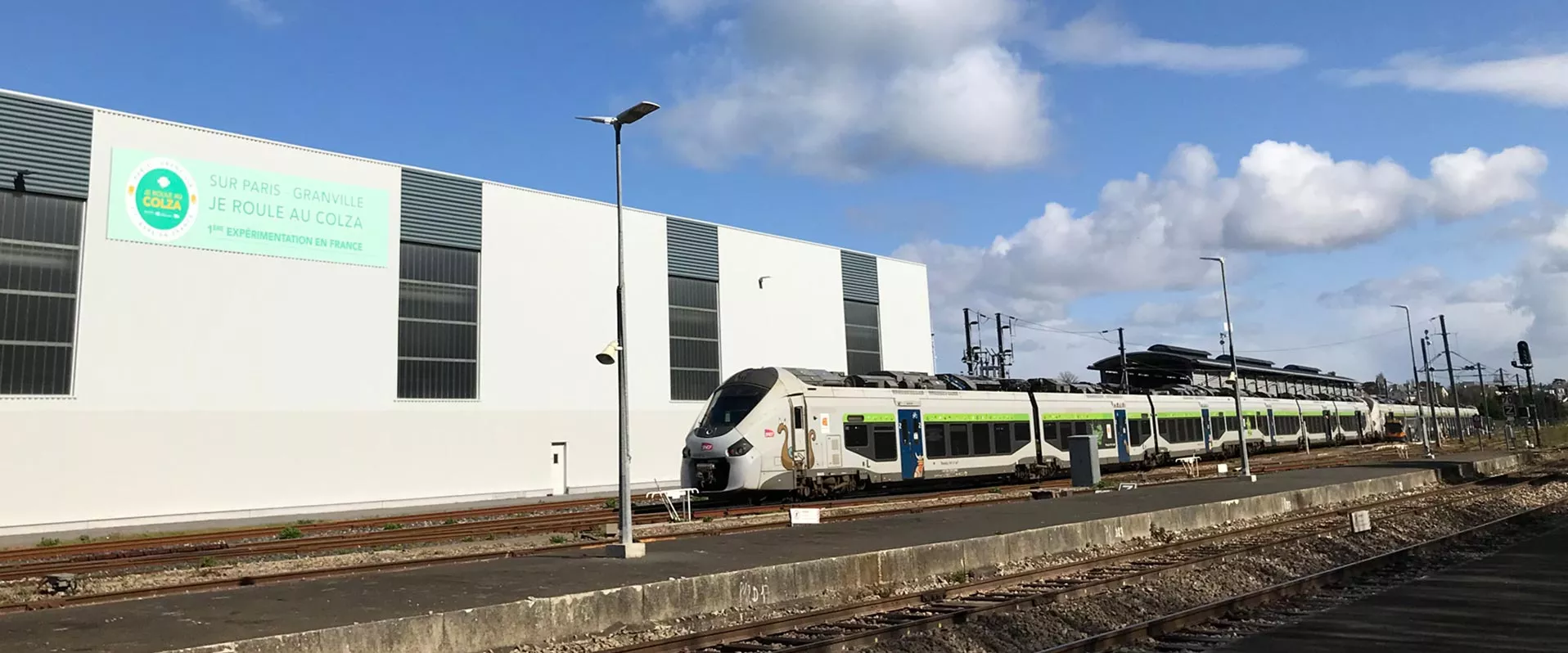
TER regional trains replace diesel with plant power
In a first for France, trains on the Paris-Granville line are running on B100 biofuel. If this pilot is successful, we could eliminate diesel and cut greenhouse gas emissions by around 60%.
Leaving diesel behind
Diesel still accounts for 61% of CO2 emissions from our TER regional trains running on non-electrified line. We’re working on battery, hydrogen and hybrid power alternatives, but we’re also rolling out a new solution—B100 biofuel.
15 Régiolis trainsets
In April 2021, we launched an experiment: 15 Régiolis trainsets began commercial operation on the Paris-Granville line, powered by B100 biofuel from 100% French rapeseed1. It was a clear success.
Made in Normandy
Under a partnership between the Normandy region and SNCF Voyageurs, locally produced B100 replaced diesel fuel on the test line, and on 5 July 2022, the Regional Council voted to continue using biofuel.
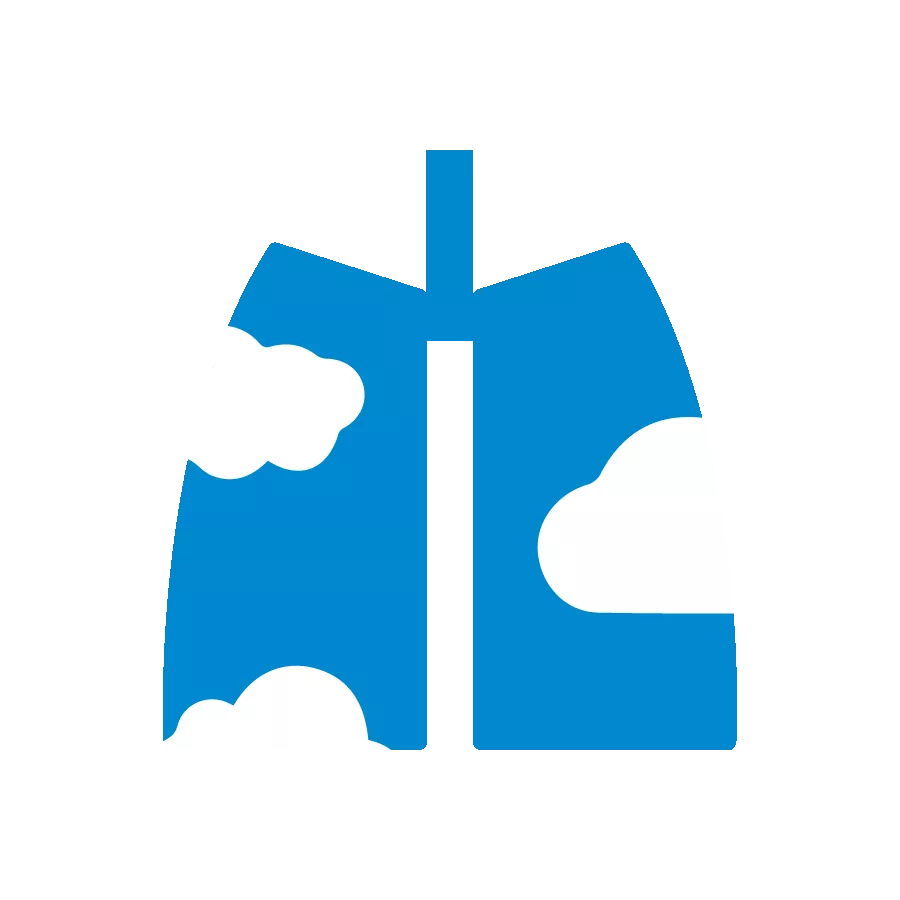
14.5M
litres of diesel we didn’t use

Nearly
8.5M km
TER trains travelled on B100, from April 2021 through November 2024
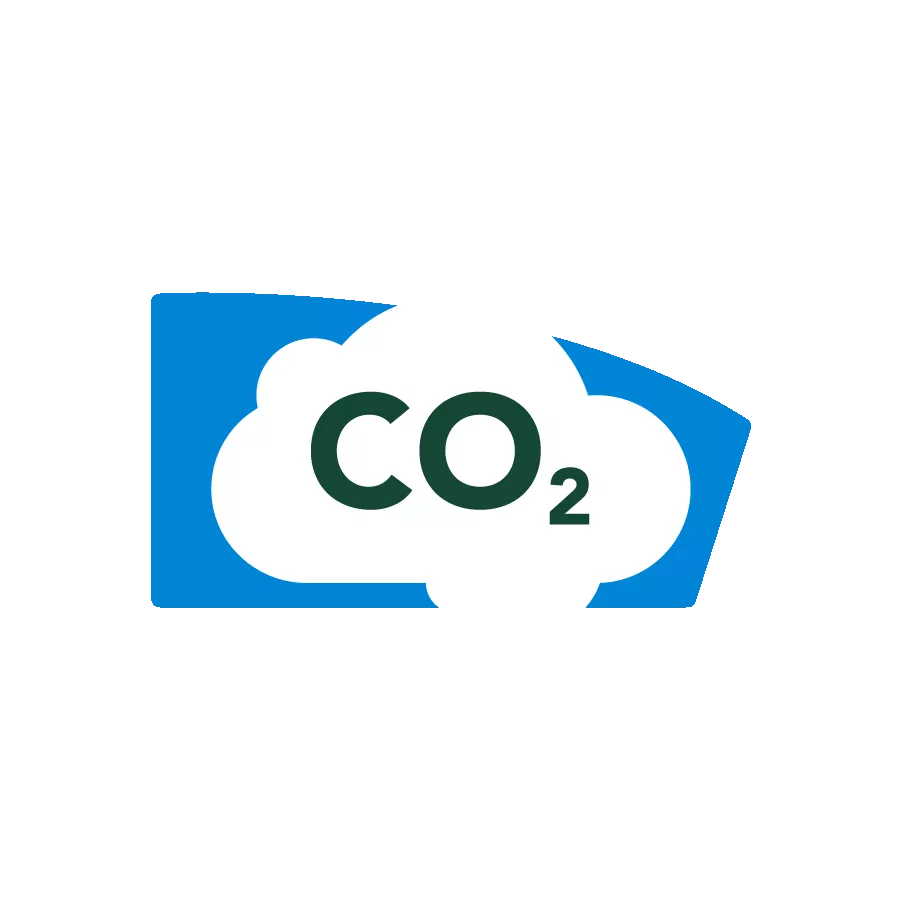
And
27,650
tonnes of CO2 we didn’t emit
New fuel, same trains
By using biofuel, we’ve cut greenhouse gas emissions by around 60% without changing the power system in our existing fleet—a major benefit.
The only difference?
Biofuel in our tanks instead of diesel. With the added benefit that the depot technicians who work on our Régiolis fleet don’t need to retrain.
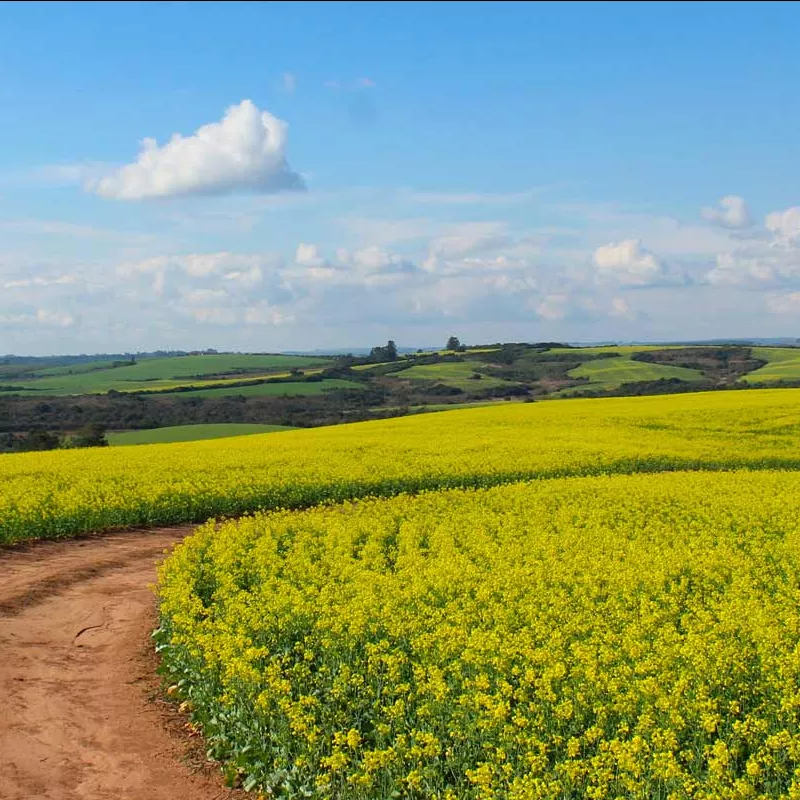
About B100
B100 biofuel is renewable and certified sustainable, and it’s made exclusively from rapeseed grown and processed in France. Rapeseed is also used to make high-protein animal feed and vegetable oil. In 2020, it covered 1.1 million ha in France.
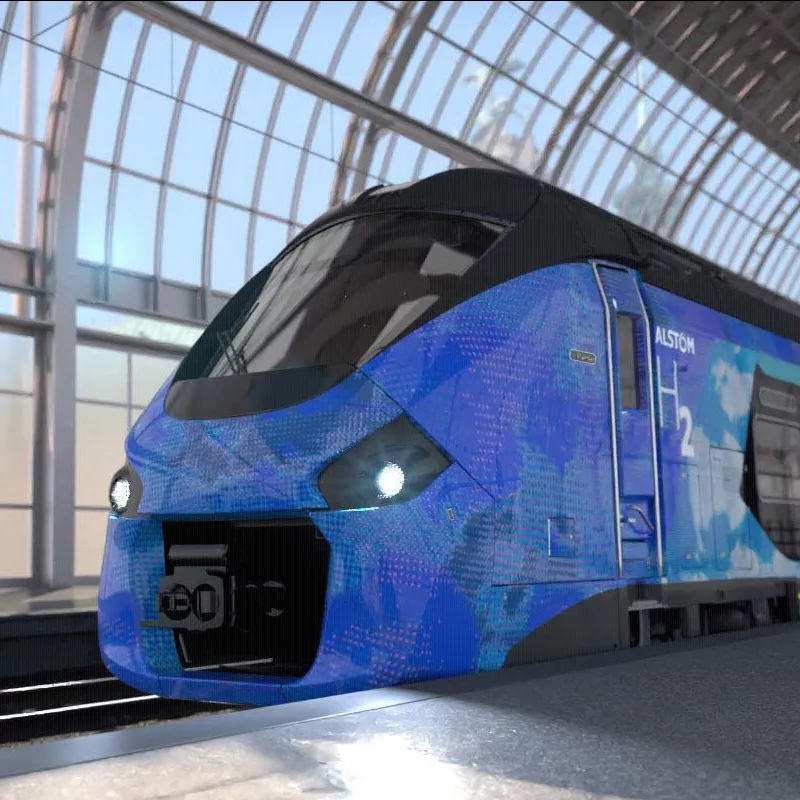
More trains, less CO₂
We launched PlaneTER, our environmental action campaign, to cut CO2 emissions even as diesel still accounts for 28% of total kilometres logged by our regional TER fleet. On the agenda: energy sufficiency, sometimes called energy sobriety—meeting energy needs without excess—and innovative new trainsets that run on hybrid technology, hydrogen and batteries, as well as biofuel.